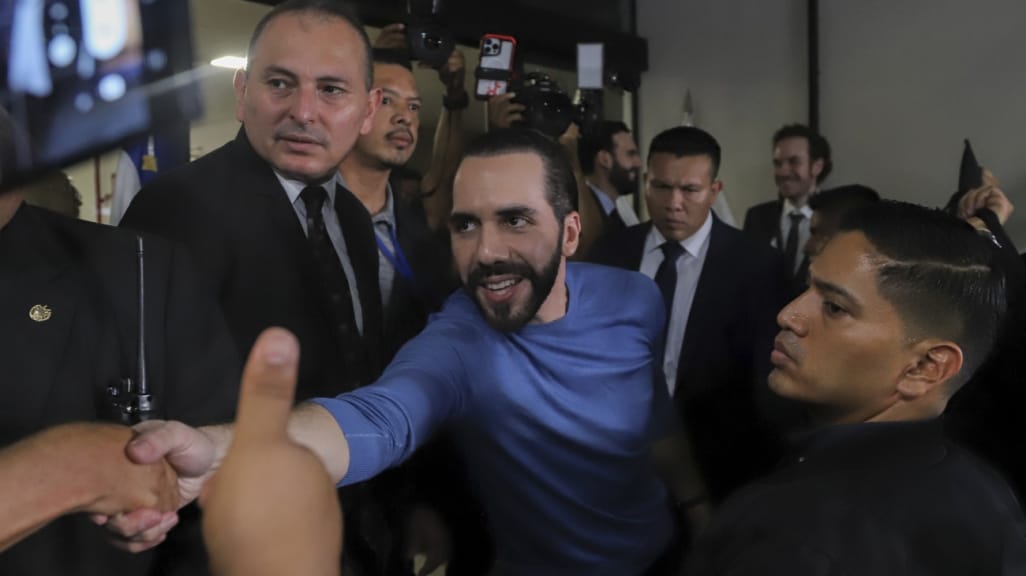
While El Salvador President Nayib Bukele, a prominent advocate of Bitcoin, continues pushing its adoption in the country, Salvadorans seem less excited about the token and are not eager to use it in their everyday lives.
A recent survey by Instituto Universitario de Opinión Pública showed that only 12% of the 1280 respondents used BTC to pay for something in 2023, and 50% of these did it no more than 3 times during this period. 18.6% believed that the country’s economic situation had worsened in the past year due to bitcoin being legal tender, while 52.9% stated that it didn’t change anything. A 2022 report by the same University showed that 24.4% had used BTC at least once during that year.
The Central Bank of El Salvador data shows that “las remesas familiares” - the money Salvadorans living outside their country sent to their local relatives - transferred using crypto in 2023 amounted to only 1% of the total sum remitted, while in the previous year the figure was 1.7% as of September 2022.
Among the most recent updates on Bitcoin initiatives in the country is Congress’s December approval of a migration law that grants citizenship to foreigners who make bitcoin "donations" to the government. The same month, the Digital Assets Commission approved the country's long-promised Volcano Bond, which was first announced in 2021. The bond hopes to raise $1 billion and was so named due to the plan to use geothermal energy from volcanos to power Bitcoin mining. The issue is expected in Q1 of 2024, and bonds will be traded on Bitfinex Securities, which announced the official launch of its operations in El Salvador today.
President Bukele remains a firm Bitcoin believer. After the token's rally at the end of last year, he reminded his followers that El Salvador's bitcoin investment was in profit, confirming that he has no intention of selling. At the moment of writing, the country holds BTC 2,820 and reportedly buys 1 Bitcoin every day. Bukele also felt it important that naysayers and critics take back their statements. One of the most powerful naysayers, the IMF, urged El Salvador to remove Bitcoin as legal tender two years ago. Despite this, the country and its president have been pushing their Bitcoin strategy without any regard for these recommendations. This January, the National Bitcoin Office of El Salvador even reposted multiple tweets celebrating the ‘anniversary’ of the IMF warning.
Presidential elections are taking place in El Salvador this Sunday. Nayib Bukele, who, apart from promoting Bitcoin, has transformed El Salvador into a country with one of the lowest homicide rates in the Americas, is looking likely to be re-elected for another 5 years. At the moment, Bukele is concentrating on his campaign, mainly promoting his other achievements as a president rather than crypto, according to his social media. However, after re-election we expect to Observe more Bitcoin-related initiatives that might push adoption in the country further.

